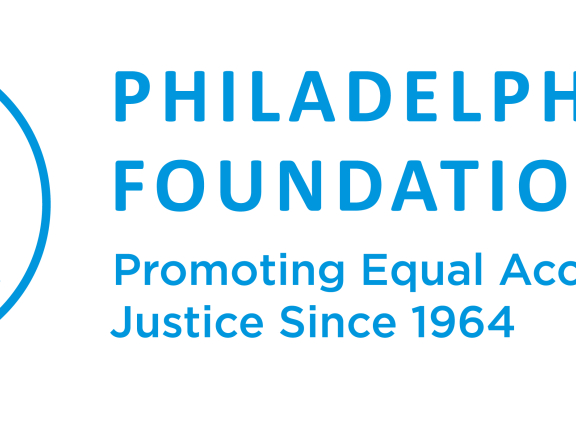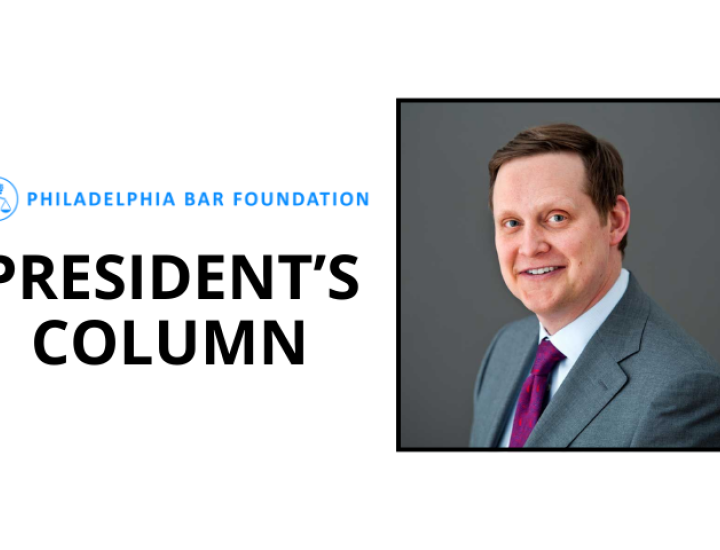The Legal Persuasion in Writing Program

This Legal Persuasion in Writing program is the result of collaboration between the Philadelphia Bar Foundation, in honor of its 50th anniversary, and the Legal Writing Institute, an organization of over 2,100 professors, judges, and practitioners, devoted to the cause of teaching and producing high caliber, client-centered writing. The Legal Writing Institute’s 16th biennial conference will be held in Philadelphia from June 29–July 2, bringing hundreds of legal writing professors and professionals to the city.
This program will be funded by the R. Nicholas Gimbel Fund for Legal Excellence. R. Nicholas Gimbel was a partner at the law firm of McCarter & English in Philadelphia and a graduate of Yale University and the University of Chicago Law School. His legal experience was as comprehensive as it was varied—clerk for the U.S. Court of Appeals for the Third Circuit, editor of two ABA publications, fellow of the American College of Trial Lawyers, Assistant US attorney for the Southern District of New York, adjunct professor at Rutgers University School of Law–Camden, private attorney and litigator. The fund was created with contributions from friends, colleagues and loved ones to honor Nick Gimbel’s memory, his love of the law and his desire that it be practiced at the highest levels of excellence.
The Legal Persuasion and Writing Program, hosted by the Legal Writing Institute and held at Rutgers University School of Law–Camden, is open to attorneys working at public interest organizations funded by the Philadelphia Bar Foundation (and others as space permits) and will teach persuasive legal writing techniques. The program will utilize a variety of teaching methods and the option to have some individualized “live critiquing” feedback (as desired by the participants).
The Program Faculty will consist of some of the best legal writing professors in the country.
“Live critiquing” means that the teaching faculty will look at the writing for the first time at the time of the meeting. Participants who wish to participate in this individualized feedback need to bring a document with them that has been redacted. Please redact the document by substituting fictionalized names, dates, locations rather than by inking over the identifying nouns. Realistically, in an hour, you will not be able to receive feedback on an entire appellate brief (by way of example) but possibly on some pieces of the document, which you can then use as a model for other sections.
